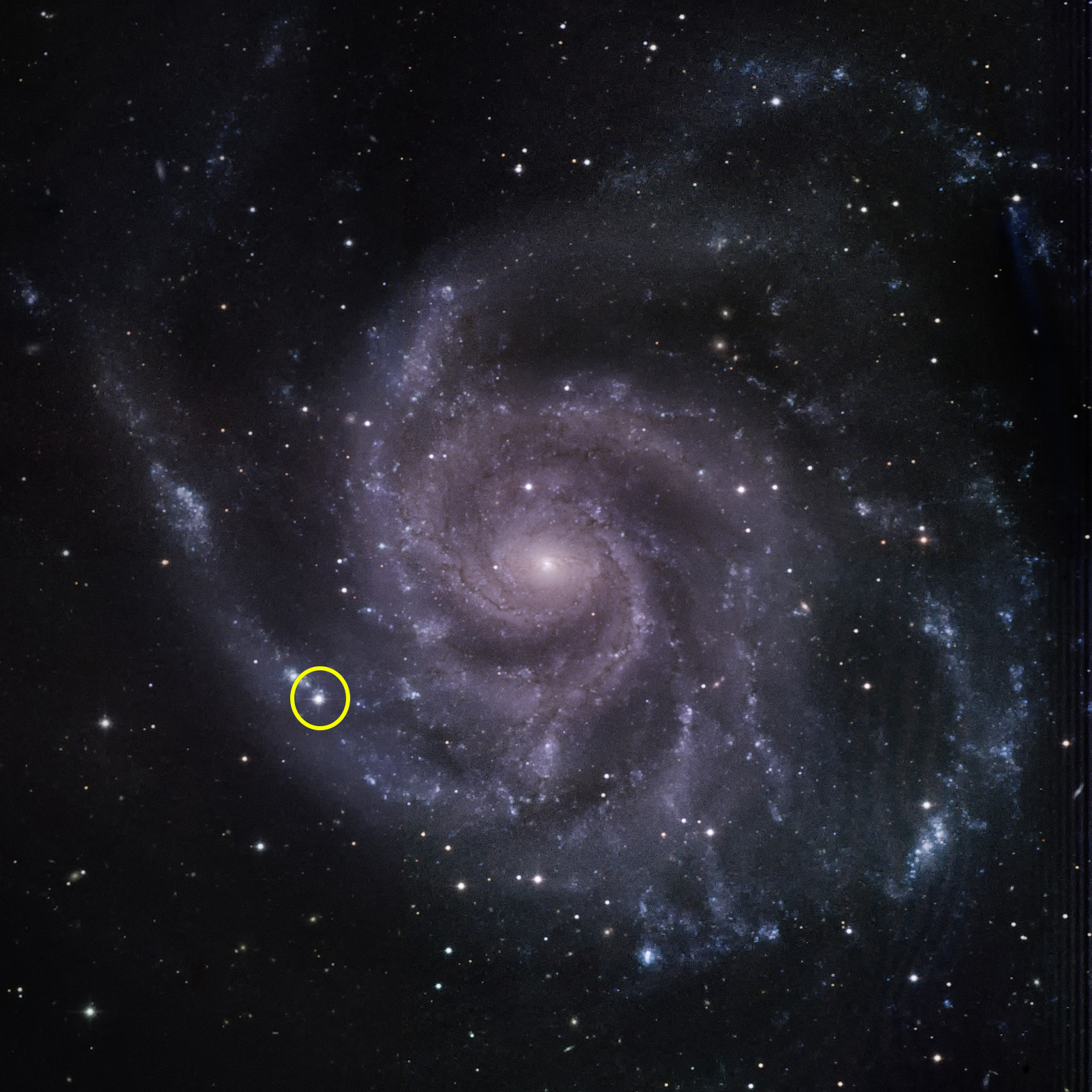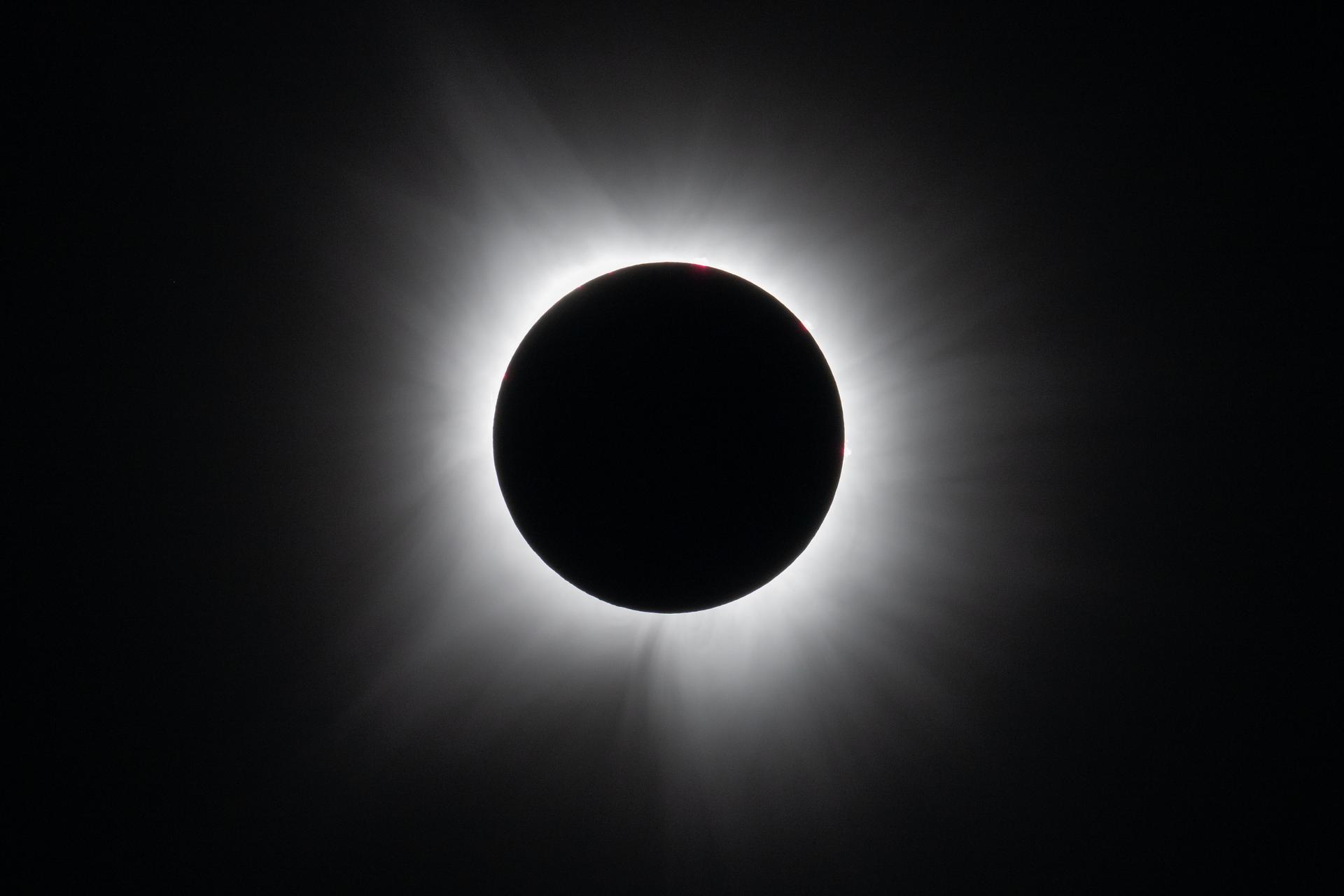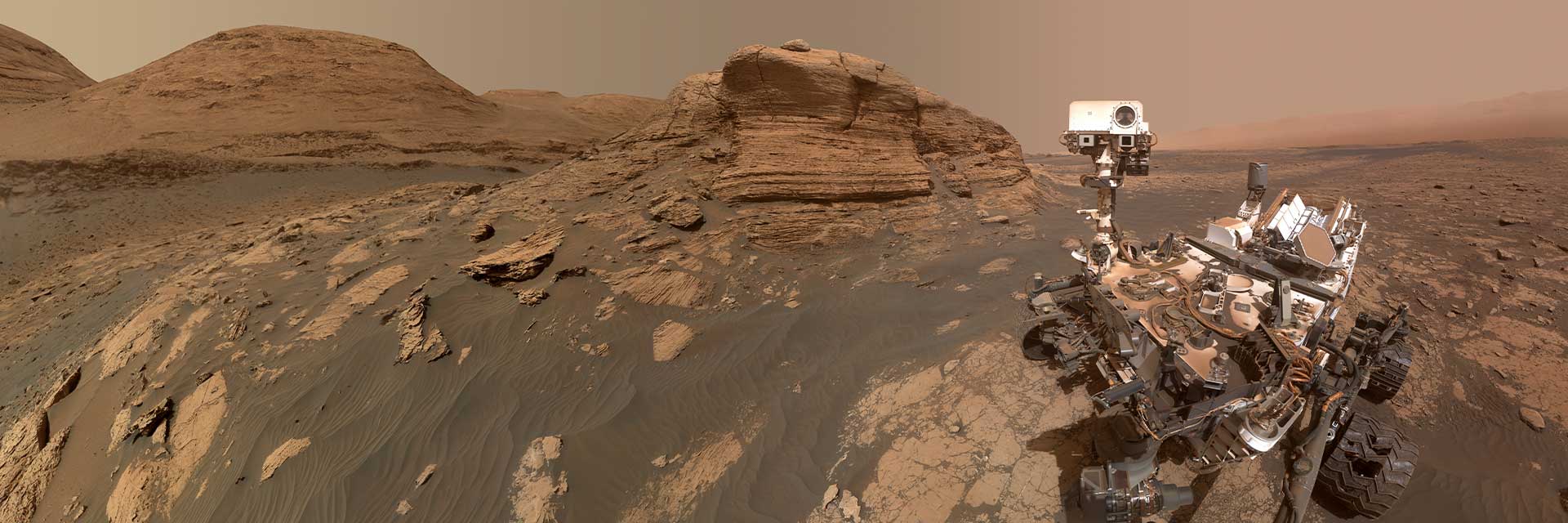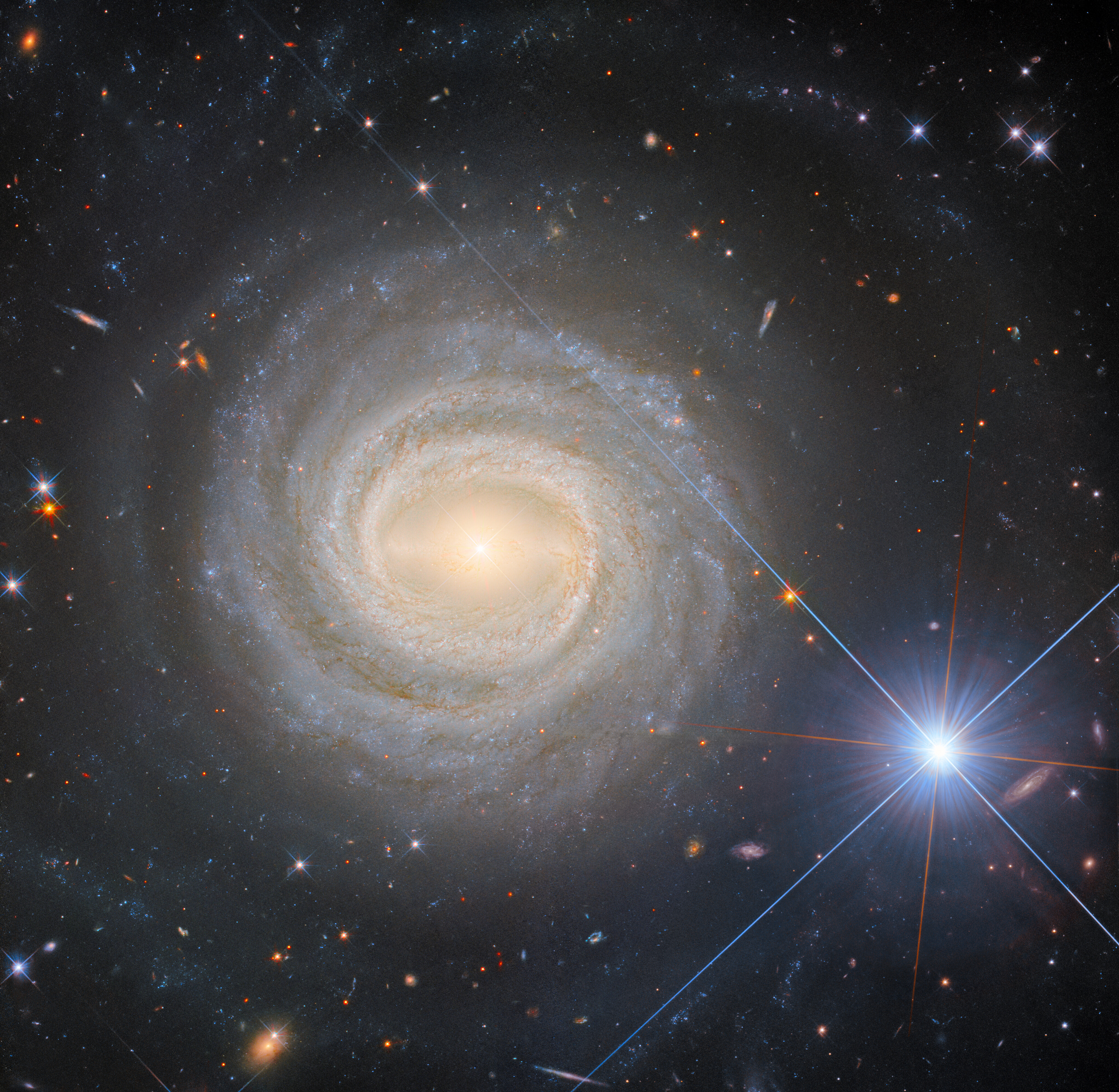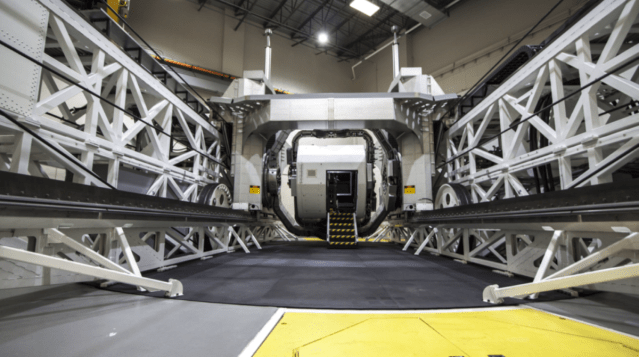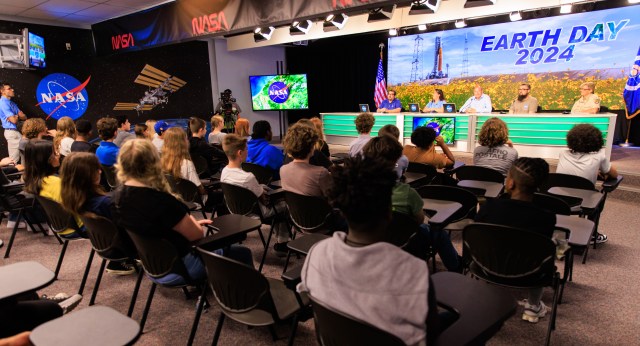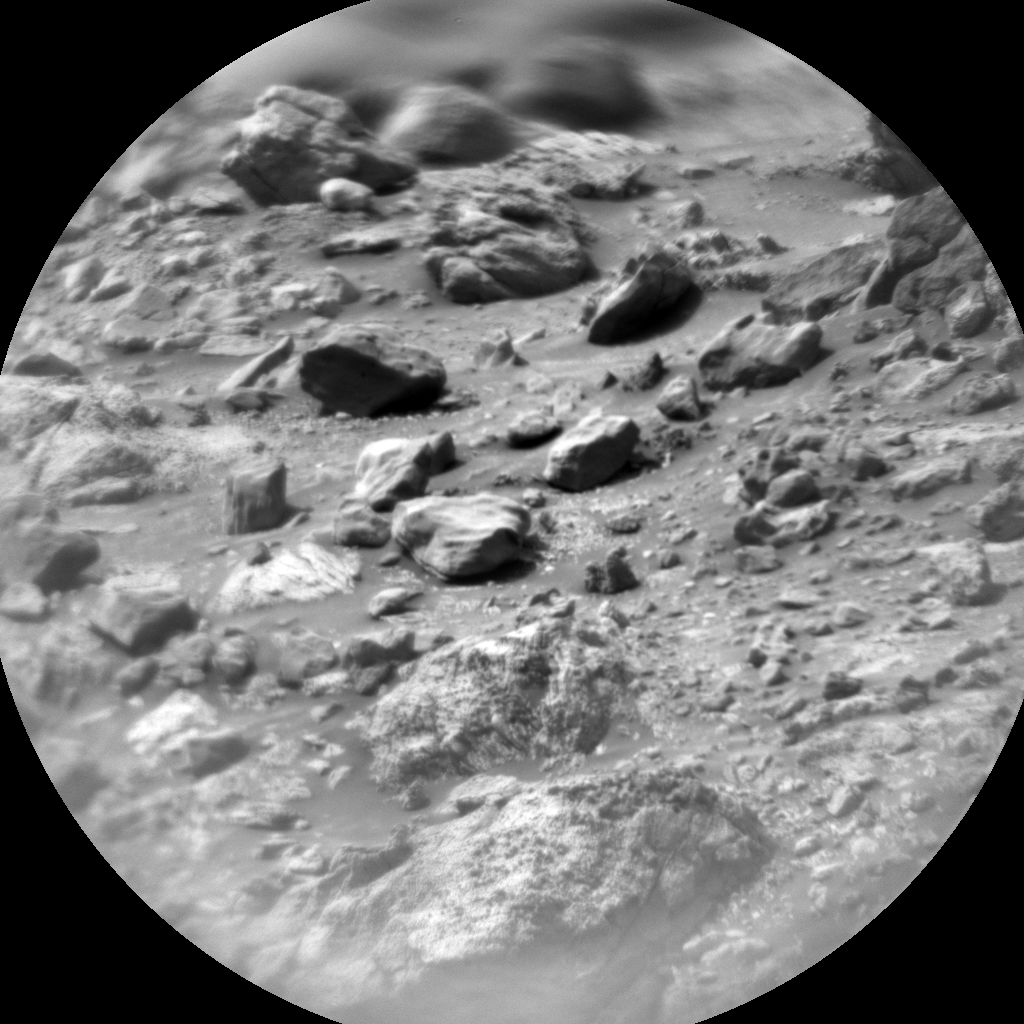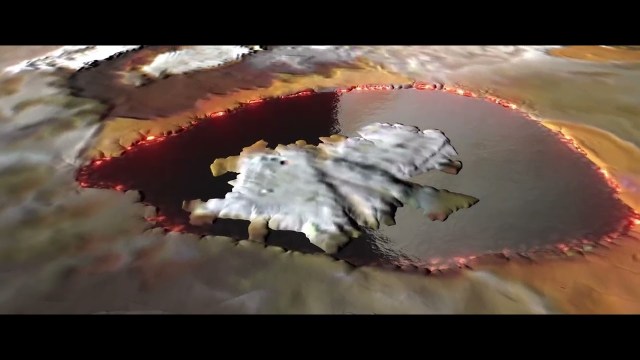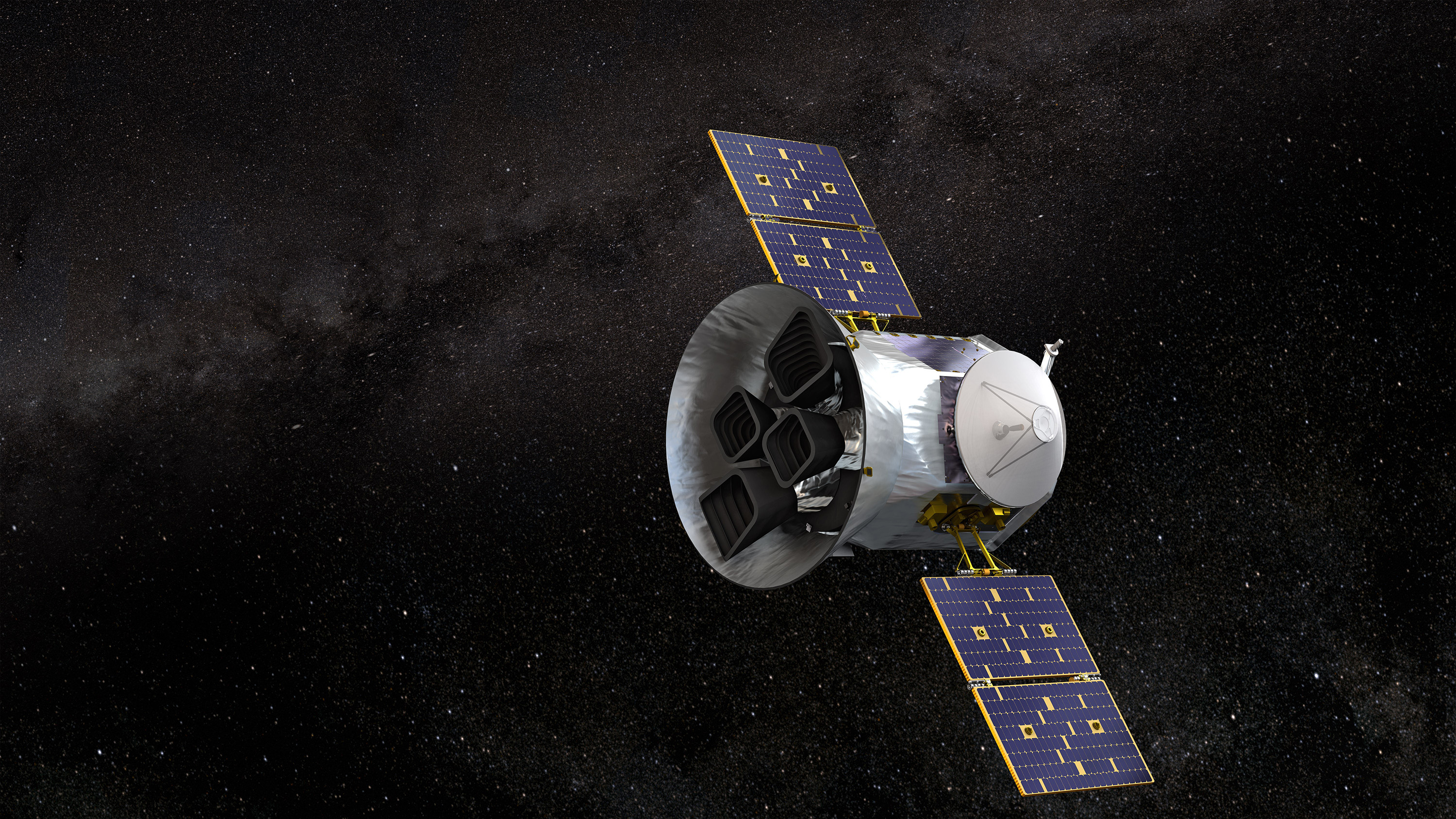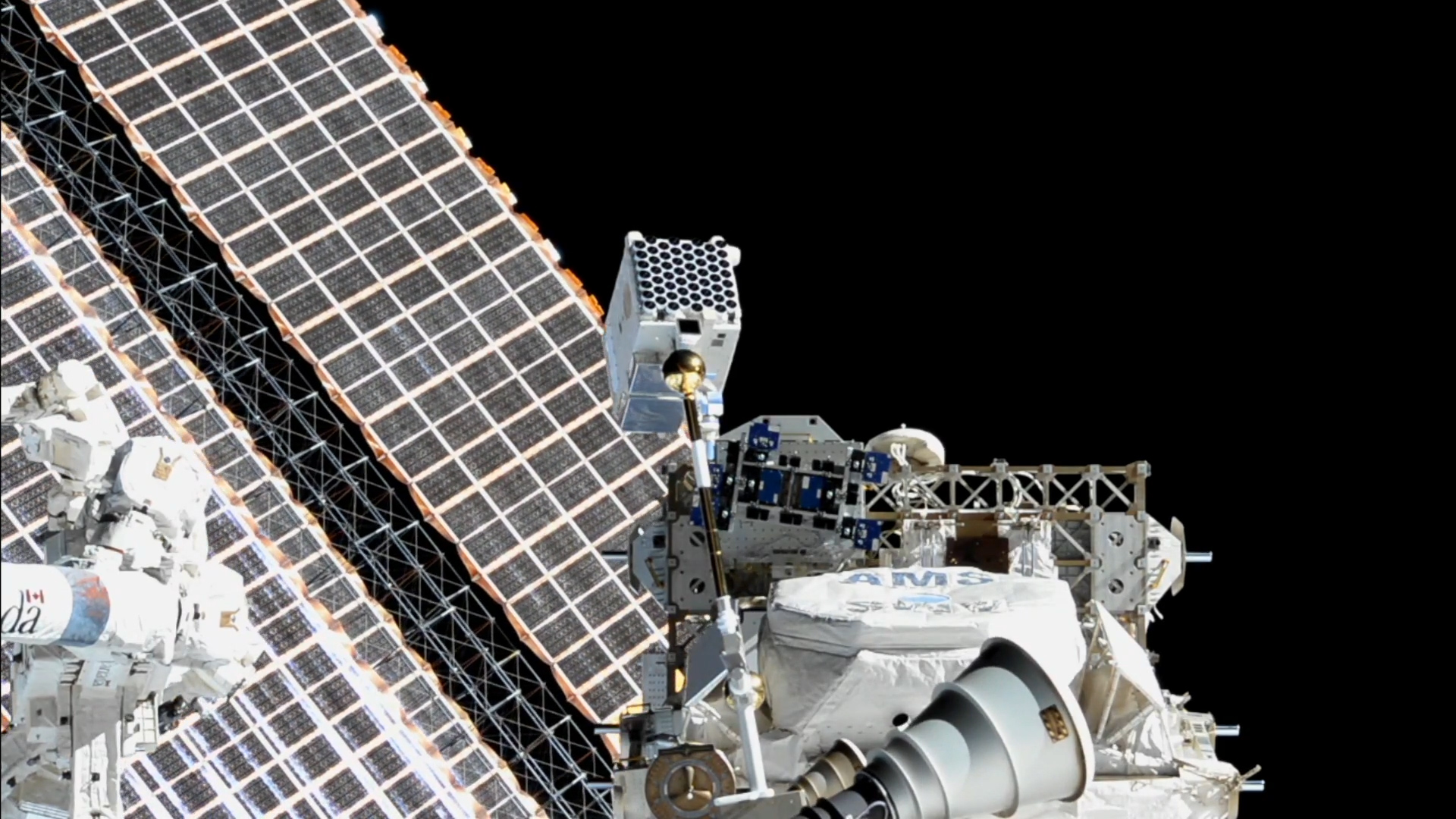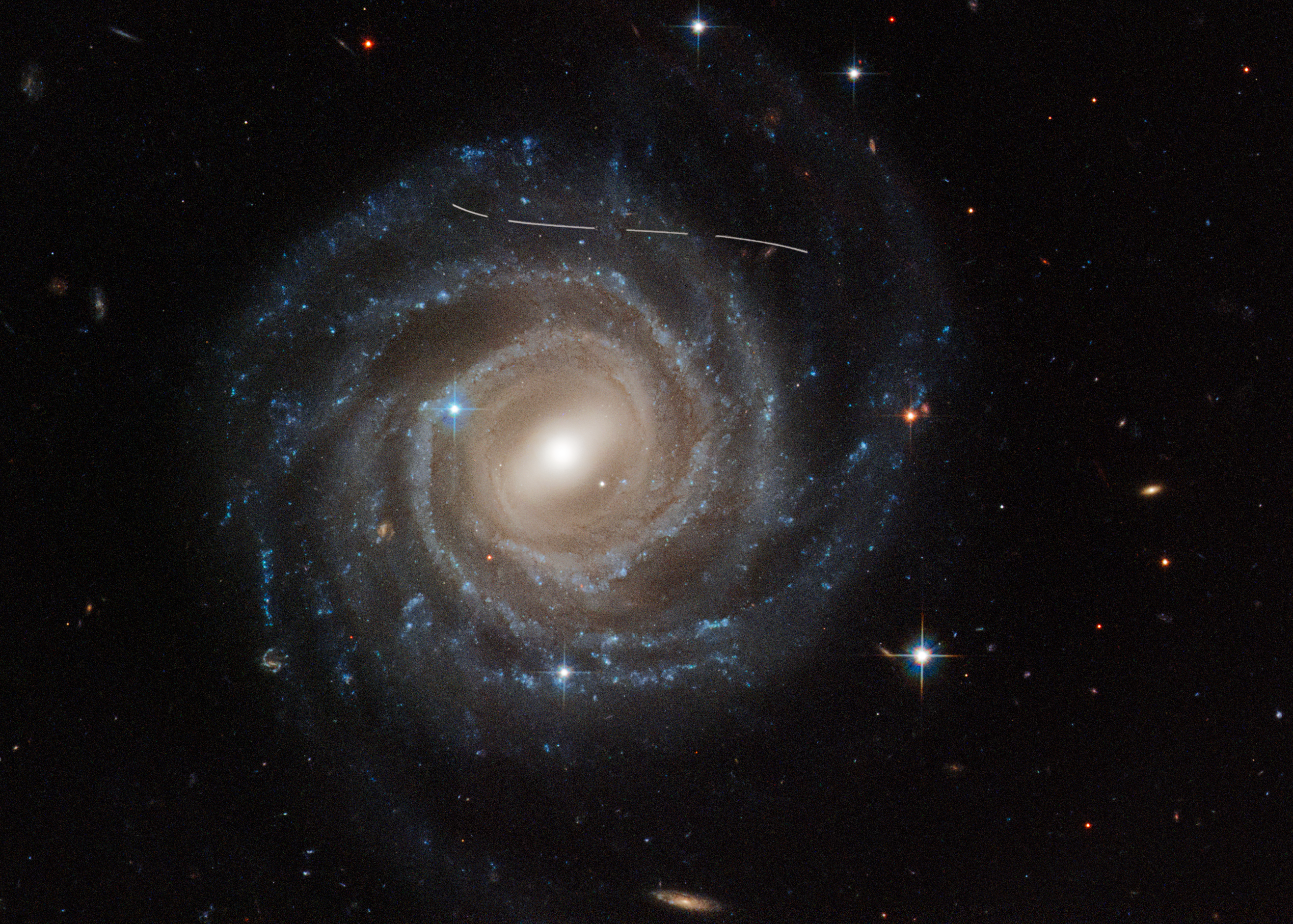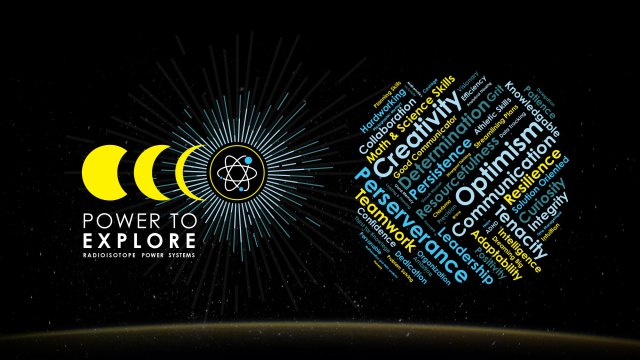Justin H. Kerr – NESC Chief Engineer
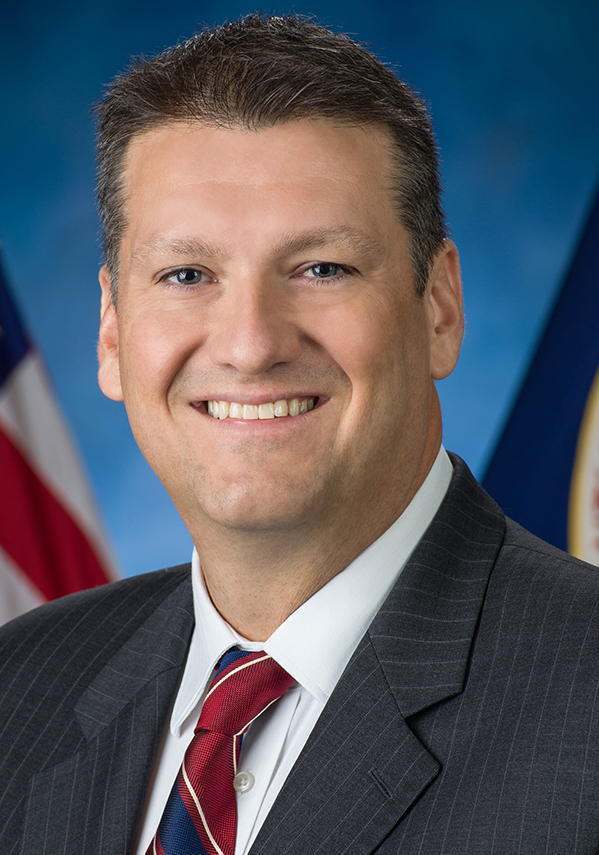
Dr. Justin H. Kerr is the NESC Chief Engineer at the Johnson Space Center (JSC). Dr. Kerr joined the NESC from JSC where he served as the Manager of the Commercial Crew Program Spacecraft Office. He has over 29 years of management and technical experience with NASA. He is a licensed Professional Engineer in the State of Texas.
Prior to joining the NESC, Dr. Kerr was Manager of the Commercial Crew Program Spacecraft Office from its inception. For nearly a decade, his team ensured that Boeing and SpaceX spacecraft designs met all NASA requirements leading to certification of the first U.S. spacecraft for safe crewed flight since the Space Shuttle. He signed the flight readiness statements for both SpaceX test flights, the SpaceX Crew 1 and Crew 2 post-certification missions, and the Boeing CST-100 Orbital Flight Test. Dr. Kerr’s leadership was instrumental in returning Crew to space on U.S. rockets and spacecraft from U.S. soil.
Dr. Kerr joined NASA in 1991 as a test engineer at the Johnson Space Center Hypervelocity Impact Test Facility. In this capacity, he managed test programs to investigate the effects of micrometeoroid and orbital debris (MMOD) impact on spacecraft critical hardware, assessed risks of MMOD, and developed lightweight shielding and operational techniques to mitigate the hazard. Dr. Kerr actively documented this work as author or co-author of many papers on the subject. He was also the NASA test director for the Columbia Accident Investigation Board team that determined the root cause of the loss of the STS-107 crew.
Prior to joining the Commercial Crew Program, Dr. Kerr was a Senior Project Manager for the Space Shuttle Program Orbiter Vehicle Office. In this position, he led the Orbiter Thermal Protection System (TPS) Damage Assessment Team during Shuttle missions. Based on inspection imagery and analysis of observed TPS damages, the team was responsible for providing an entry recommendation to the Mission Management Team. Dr. Kerr also led several post-mission anomaly resolution teams, spearheaded the effort to better characterize data collected in-flight by the Orbiter Impact Detection System, and co-led an NESC investigation into the root cause and corrective action of wing leading edge composite coating failures. He provided operational leadership to fly the Shuttle safely post-Columbia until the end of the Space Shuttle Program.
Dr. Kerr attended The University of Texas at Austin and earned a Bachelor of Science in Aerospace Engineering in 1993 and a Master of Science Degree in Mechanical Engineering in 1995. He later attended Rice University and earned a Ph.D. in Mechanical Engineering in 2006. As of 2010, he is also an alumnus of the Harvard Business School General Management Program. Dr. Kerr has received numerous Agency awards including the Outstanding Leadership Medal, the Exceptional Engineering Achievement Medal, the Exceptional Achievement Medal, the Silver Snoopy, the JSC Center Director’s Commendation Award, and several Agency and JSC Group Achievement awards. He also holds a U.S. Patent for a method to deploy lightweight orbital debris shielding.
Justin resides in Houston, Texas with his wife, Brittany, son Logan, and daughters Hayley, and Mallory.

